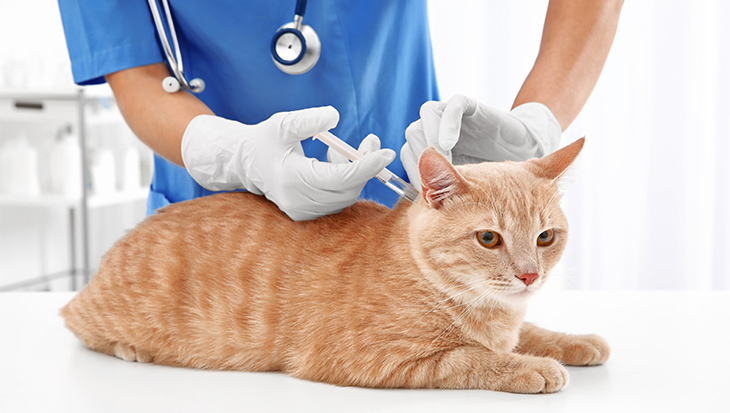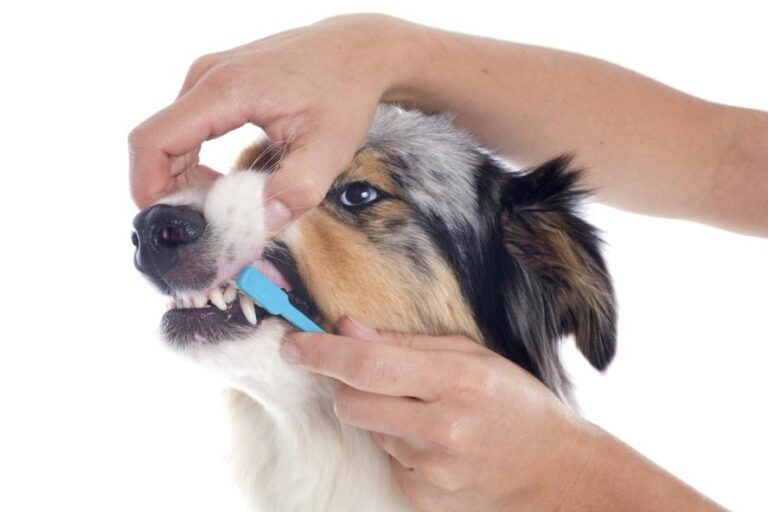
As a responsible cat owner, ensuring your feline friend receives the necessary vaccinations is crucial for their health and well-being. Vaccinations protect cats from serious diseases, some of which can be life-threatening. However, with so many different types of vaccines available and conflicting information online, it can be overwhelming to determine what vaccinations your cat needs. Consulting with a trusted Simcoe, ON veterinarian is the best way to get personalized advice.
This article will provide a comprehensive overview of feline vaccinations, including the types of vaccines available, the recommended vaccination schedule, and the benefits and risks associated with vaccinating your cat.
Exploring Types of Feline Vaccines
Several types of vaccines are available for cats, each designed to protect against specific diseases. The most common vaccines are:
- Rabies Vaccine: This vaccine is mandatory in most countries and protects against the rabies virus, which is fatal to cats and can be transmitted to humans.
- FVRCP Vaccine: This vaccine protects against four serious diseases: feline viral rhinotracheitis (FVR), calicivirus (FCV), and panleukopenia (FPV).
- Feline Leukemia Virus (FeLV) Vaccine: This vaccine protects against feline leukemia, a disease that weakens a cat’s immune system and increases their risk of developing cancer.
- Feline Immunodeficiency Virus (FIV) Vaccine: This vaccine protects against feline immunodeficiency virus, a disease that weakens a cat’s immune system and increases their risk of developing infections.
Recommended Vaccination Schedule
The recommended vaccination schedule for cats varies depending on factors such as age, health status, and lifestyle. Here is a general outline of the typical vaccination schedule:
- Kittens: Kittens typically receive their first vaccinations at 6-8 weeks of age, with boosters given every 3-4 weeks until they are 16-17 weeks old.
- Adult Cats: Adult cats require booster shots every 1-3 years, depending on the vaccine and the cat’s individual needs.
- Indoor Cats: Indoor cats may require fewer vaccinations, as they are at a lower risk of contracting diseases.
- Outdoor Cats: Outdoor cats require more frequent vaccinations, as they are at higher risk of contracting diseases.
Benefits of Feline Vaccinations
Vaccinations offer numerous benefits for cats, including:
- Protection against serious diseases: Vaccinations protect cats from serious diseases, some of which can be life-threatening.
- Prevention of disease transmission: Vaccinations prevent the transmission of diseases from one cat to another.
- Reduced risk of complications: Vaccinations reduce the risk of complications from diseases, such as secondary infections and organ damage.
- Improved overall health: Vaccinations contribute to a cat’s overall health and well-being by preventing diseases and reducing the risk of complications.
Risks and Side Effects of Feline Vaccinations
While vaccinations are generally safe, there are some risks and side effects to be aware of, including:
- Allergic reactions: Some cats may experience allergic reactions to vaccinations, which can range from mild to severe.
- Infection: As with any invasive medical procedure, there is a risk of infection with vaccinations.
- Adverse reactions: Some cats may experience adverse reactions to vaccinations, such as vomiting, diarrhea, or lethargy.
- Vaccine-associated sarcomas: There is a small risk of vaccine-associated sarcomas, a type of cancer that can develop at the vaccination site.
What to Expect at a Vaccination Appointment?
When taking your cat to a vaccination appointment, here’s what you can expect:
- Physical examination: The veterinarian will perform a physical examination to ensure your cat is healthy enough for vaccination.
- Vaccination administration: The veterinarian will administer the vaccine, usually via injection.
- Monitoring for adverse reactions: The veterinarian will monitor your cat for any adverse reactions to the vaccine.
- Follow-up care: The veterinarian will provide guidance on follow-up care, including any necessary boosters or monitoring for side effects.
By understanding the types of vaccines available, the recommended vaccination schedule, and the benefits and risks associated with vaccinating your cat, you can make informed decisions about their care. Remember to consult with your veterinarian to determine the best vaccination plan for your feline friend.



